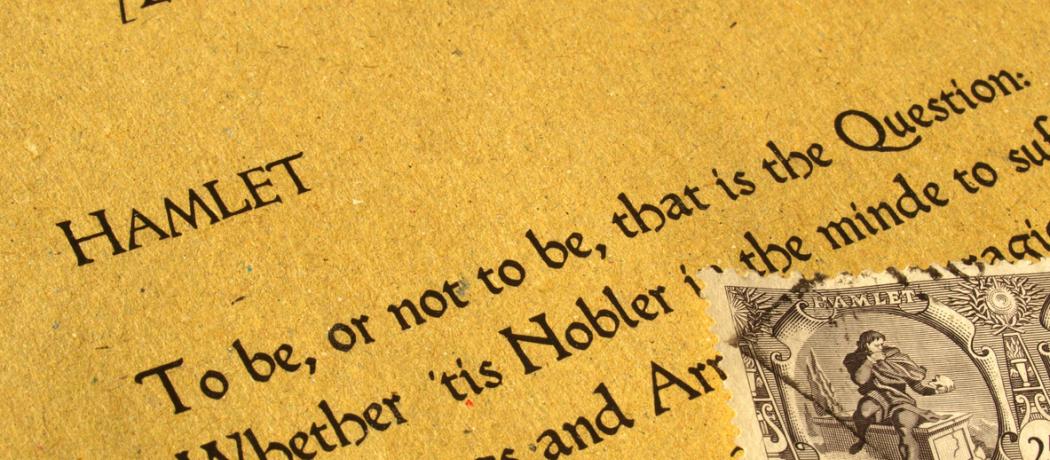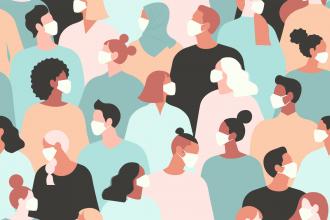I have to admit that the comics page is my favorite page in the daily newspaper. My current favorite is Agnes. The other day I was checking out the day’s Monty, another daily strip that I enjoy. The Monty character was saying, “I will be vaccinated soon. Life will return to normal. . . . And I’ll have wasted all this COVID time!” I sat up when in the next frame the character said, “Shakespeare wrote King Lear during the plague . . . Newton discovered . . . uh . . . something important.” I was out of my seat to check this out in Wikipedia.
To recap: the bubonic plague originated in Central Asia around 1330 and repeated pandemics occurred for the next 400 years. The disease periodically erupted into massive epidemics. There were many deaths in London in the early 1600s, and then the Great Plague of London lasted from 1665–1666. It killed an estimated 100 000 people, almost a quarter of London’s population. Many years later the cause of the plague was identified: Yersinia pestis bacterium, transmitted through the bite of infected rat fleas.
William Shakespeare (1564–1616) was affected by flare-ups of the plague in 1593 and again in 1603 and 1608. Tragedy struck the family: his three sisters and a brother died. In 1596 his son, Hamnet, also caught the disease and died at age 11. During these outbreaks, playhouses were closed, including the Globe Theater. Several of his fellow actors died. He tried to recoup his lost income through touring performances, but mostly he worked in isolation. He finished Antony and Cleopatra, which was a successor to Julius Caesar, and completed Macbeth and King Lear. Some contemporary events appear in his plays. In King Lear the king insults his daughter, “Thou art a boil, A plague sore . . .”
Isaac Newton (1642–1726) was a college student at Trinity College in Cambridge, still in his early twenties when the Great London Plague hit in 1665. In a version of today’s social distancing, the Cambridge students were sent home. Without guidance, Newton worked on mathematical problems and developed the early formulations of calculus. He acquired a few prisms, drilled a hole in his bedroom’s wall to let a ray of light shine in, and developed his theories of optics. It is not clear if an apple really fell on his head, but it was during this period of isolation that he formulated the concept of gravity. He returned to Cambridge in 1667 to submit his papers. Two years later he was appointed professor of mathematics and in the following years he became an author and the most respected authority in mathematics, physics, astronomy, and theology.
The moral of my story? During social isolation, take time out to read the comics.
—George Szasz, CM, MD
Suggested reading
Biography. Shakespeare wrote three of his famous tragedies during turbulent times. Accessed 11 March 2021. www.biography.com/news/shakespeare-tragedies-macbeth-king-lear-antony-cleopatra-plague.
Washington Post. During a pandemic, Isaac Newton had to work from home, too. He used the time wisely. Accessed 11 March 2021. www.washingtonpost.com/history/2020/03/12/during-pandemic-isaac-newton-had-work-home-too-he-used-time-wisely.
Wikipedia. Great plague of London. Accessed 11 March 2021. https://en.wikipedia.org/wiki/Great_Plague_of_London.
This post has not been peer reviewed by the BCMJ Editorial Board.


